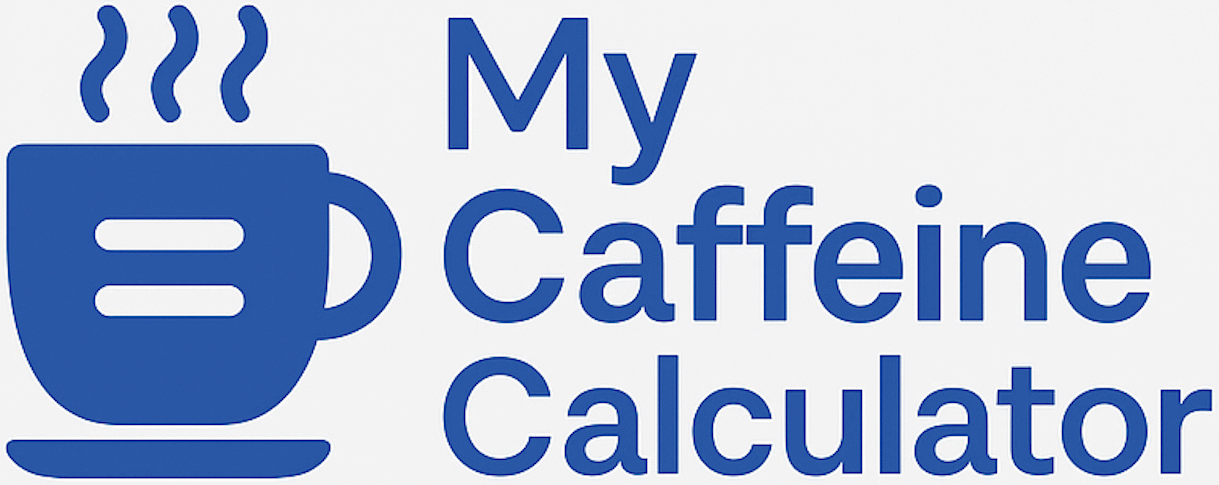Introduction: How Caffeine Impacts Your Sleep
You probably know the feeling: it’s bedtime, but you’re still wide awake after that “innocent” afternoon coffee. That’s because caffeine is a powerful stimulant that can stay in your system for hours, blocking adenosine (the brain chemical that makes you sleepy).
A Caffeine Calculator for Sleep helps you figure out exactly when to stop drinking caffeine so you can fall asleep on time and enjoy deep, restorative rest.
👉 Try it now: Caffeine Calculator for Sleep
The Science: Caffeine Half-Life
Caffeine’s half-life is around 5–6 hours in healthy adults.
-
Drink 200 mg at 3 PM → you still have 100 mg in your body at 9 PM
-
Drink 300 mg at noon → by midnight, ~75 mg is still active
That leftover caffeine is enough to reduce sleep quality, delay REM sleep, and increase nighttime awakenings.
Safe Caffeine Cutoff Times by Bedtime
| Usual Bedtime | Last Safe Cup of Coffee (8 oz ~95 mg) |
|---|---|
| 9 PM | Before 12 PM |
| 10 PM | Before 1 PM |
| 11 PM | Before 2 PM |
| Midnight | Before 3 PM |
If you’re sensitive, cut caffeine 8–10 hours before bedtime.
How the Caffeine Calculator for Sleep Works
Our calculator estimates how caffeine levels decline in your body hour by hour.
-
Enter the time you had your drink.
-
Enter the caffeine amount (coffee, tea, soda, or energy drink).
-
Select your planned bedtime.
-
Instantly see:
-
How much caffeine will still be in your system at bedtime
-
Whether it may disrupt sleep
-
Recommended cutoff times for future drinks
-
🔗 Try it here: Caffeine Calculator for Sleep
Caffeine and Sleep by Age
-
Teens: More sensitive, should avoid caffeine after late morning.
-
Adults: Cut off 6–8 hours before bedtime.
-
Older Adults: Slower metabolism, best to avoid caffeine after morning.
Common Drinks and Sleep Impact
| Drink | Typical Caffeine | Sleep Risk if Taken After 3 PM |
|---|---|---|
| Espresso (1 oz) | 63 mg | Medium risk |
| Brewed Coffee (8 oz) | 95 mg | High risk |
| Cold Brew (16 oz) | 200 mg | Very high risk |
| Green Tea (8 oz) | 28 mg | Low risk but still disruptive |
| Monster Energy (16 oz) | 160 mg | Very high risk |
| Dark Chocolate (1 oz) | 23 mg | Small risk if bedtime is early |
Even small amounts (like chocolate) can delay sleep if eaten too late.
How to Sleep Better While Enjoying Caffeine
-
Set a caffeine cutoff time: Use the calculator to find yours.
-
Switch to decaf or herbal tea after 2 PM.
-
Avoid energy drinks in the afternoon.
-
Hydrate well, since dehydration worsens caffeine’s sleep impact.
-
Track your sleep quality: See how different caffeine cutoffs affect you.
Related Calculators
FAQs: Caffeine and Sleep
Q1. How many hours before bed should I stop drinking caffeine?
At least 6 hours, but 8–10 hours is safer if you’re sensitive.
Q2. Can caffeine affect deep sleep even if I fall asleep?
Yes. Studies show it reduces slow-wave sleep and REM.
Q3. Does caffeine affect everyone the same?
No. Genetics, age, weight, and tolerance all change how long caffeine stays in your system.
Q4. What’s better for sleep: switching to decaf or herbal tea?
Both work, but herbal teas (like chamomile) actively promote relaxation.
Final Thoughts
If you struggle with insomnia or restless nights, caffeine timing might be the hidden cause. A Caffeine Calculator for Sleep helps you pinpoint your safe cutoff time so you can enjoy your drinks without sacrificing rest.
👉 Use it here: Caffeine Calculator for Sleep
